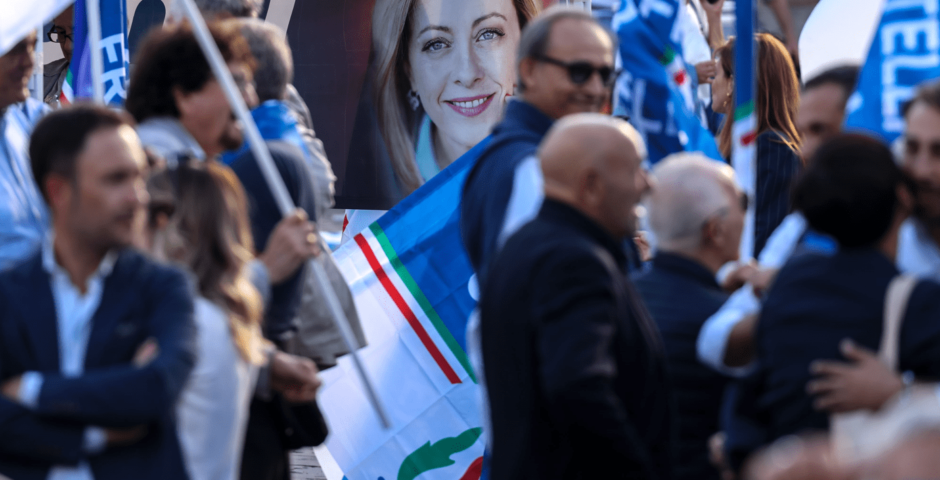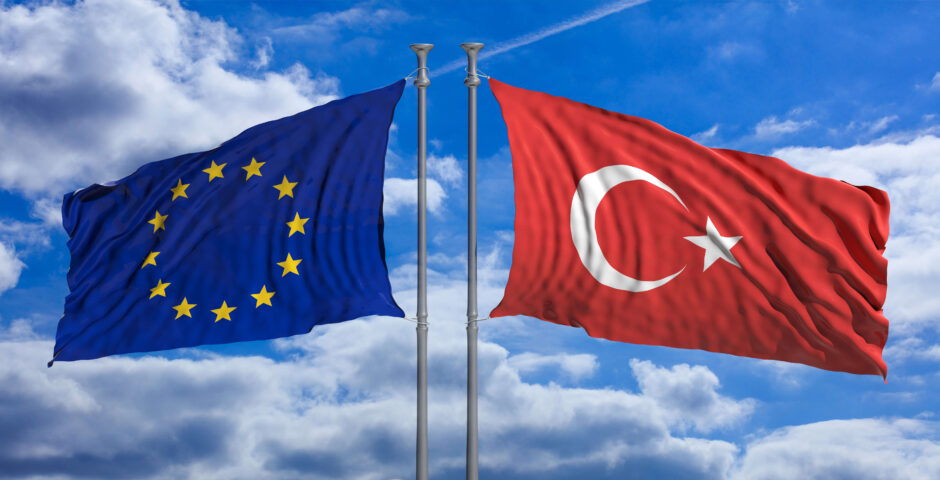Babiš vs. Pavel
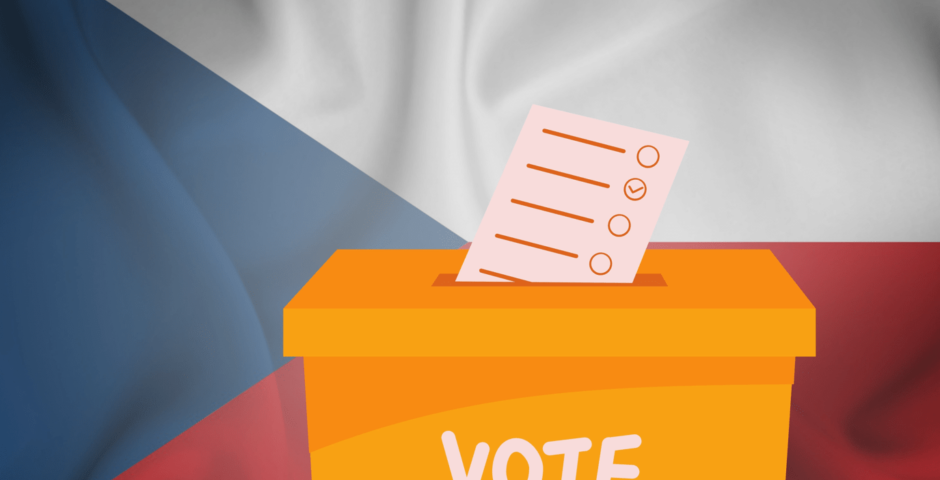
Everything you need to know about the Czech presidential elections.
The Czech Republic starts 2023 with the election of a new president. The winner of the elections, of which the second round will be held on the 27th and 28th of January, will replace current president Miloš Zeman who has to step down after two terms. The Czechs have an interesting choice to make. Are they going for Trumpian businessman Andrej Babiš or the pro-Western retired general Petr Pavel?
The Czech parliamentary system
The Czech Republic is a parliamentary republic with the president as head of state. Even though the president is the symbolic leader of the country, executive power lies with the government that consists of Czech Prime Minister Petr Fiala and a cabinet of 18 ministers. This government, which has been in place since 2021, answers to the Czech parliament and it is this body that holds the highest legislative power in the country. The parliament and cabinet take care of the day-to-day politics in the country.
The president’s function is mostly ceremonial, but nonetheless still important in Czechia and abroad. Tasks include but aren’t limited to appointing the Prime Minister, cabinet ministers, members of the Czech national bank and constitutional court justices, representing the country abroad, ratifying international treaties, issuing amnesties and acting as supreme commander of the armed forces. The president therefore fulfils an important role in improving and upholding relationships with other countries as this person is the main representative of the Czech Republic.
The campaign
A candidate does not need to be active in politics in order to run in the Czech presidential election. There are three ways that lead towards participation; a candidate has to collect either 50.000 signatures from citizens or receive support from ten senators or twenty deputies (members of the lower house). Because of the signatures threshold, campaigning for the presidency starts almost a year before the actual elections will take place.
The list of people that take a shot at the presidency is long. The campaign basically begins with people announcing their candidacy publicly. Campaigns continue from there with billboards, public rallies, debates, building a media presence and so on. Not many people manage to capture the public eye, which means that before the actual elections formally begin, most candidates have to withdraw or aren’t able to gather the necessary support.
The candidates
On the 2023 ballot for the first round eight names remained, but the public only showed great interest in three candidates: ex-prime minister Andrej Babiš, retired army general Petr Pavel and economist Danuše Nerudová.
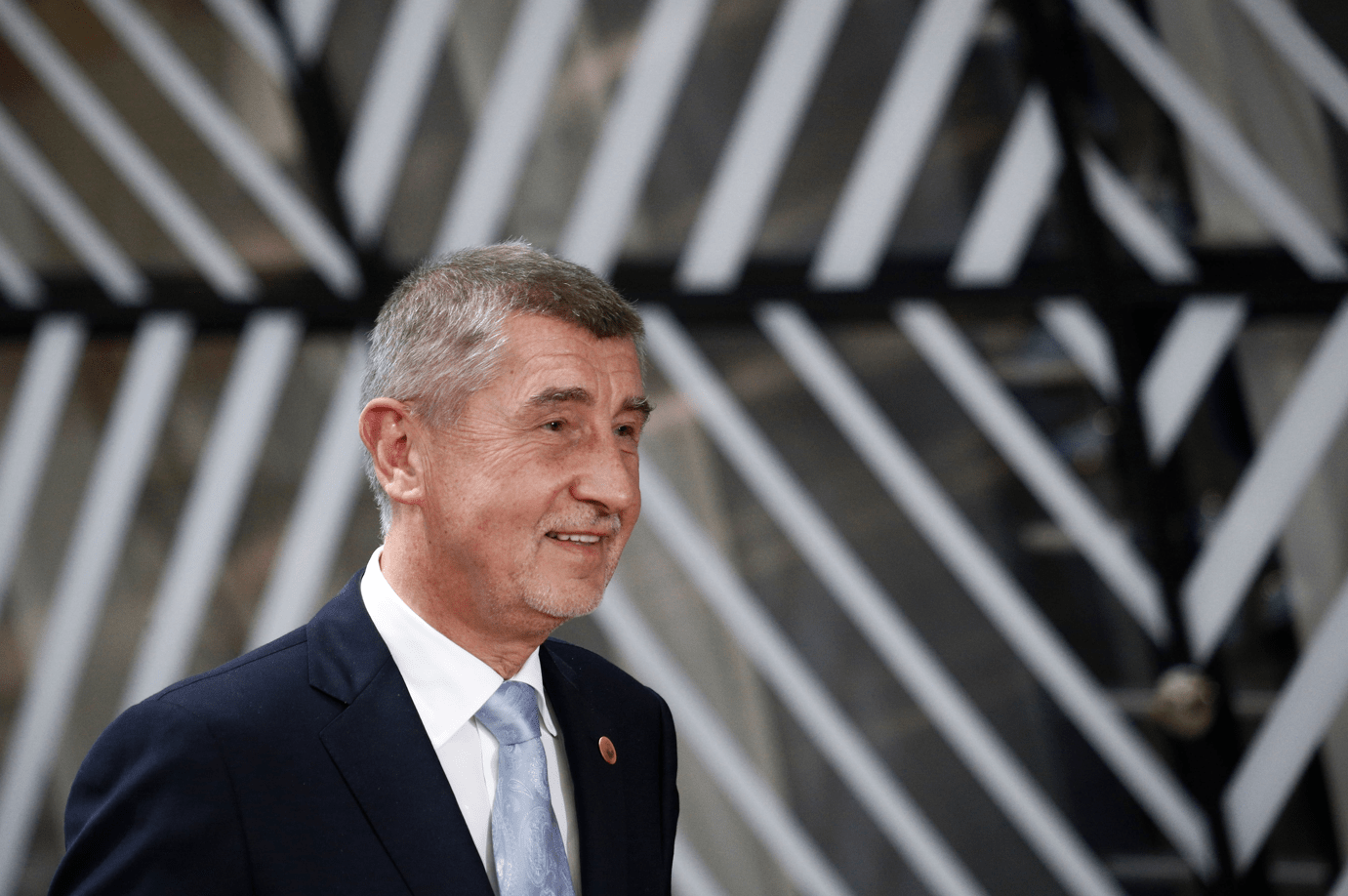
Ex-Prime Minister and presidential candidate Andrej Babiš
Andrej Babiš was already a successful businessman when he established his own political party in 2011. ANO (Action of Dissatisfied Citizens) 2011, often shortened as simply ANO, was founded by Babiš to fight “systemic corruption” and can be classified as a liberal centrist to centre-right party. The party managed to gain momentum and became the second biggest in the first election held since ANO was founded. Babiš went on to become Minister of Finance and then Prime Minister in 2017 when ANO became the country’s biggest political party in the next parliamentary elections. He held this position until 2021 when he was succeeded by Petr Fiala.
During his time as minister the company that Babiš used to run, Agrofert, bought multiple large Czech media companies. Even though Babiš had officially stepped down as CEO he is still Agrofert’s owner, making him one of the richest people in the country with an estimated net worth of almost 4 billion euros. The question whether or not it is ethically just for a politician to have so much influence over the media is not the only stain on Babiš’ reputation. He has been investigated for fraud with European subsidies, has been accused of intimidating opponents and Slovakia’s Institute of the Nation’s Memory says to hold evidence that the ex-prime minister collaborated with the communist-era secret police (STB). These scandals make him a very divisive figure within the Czech Republic.
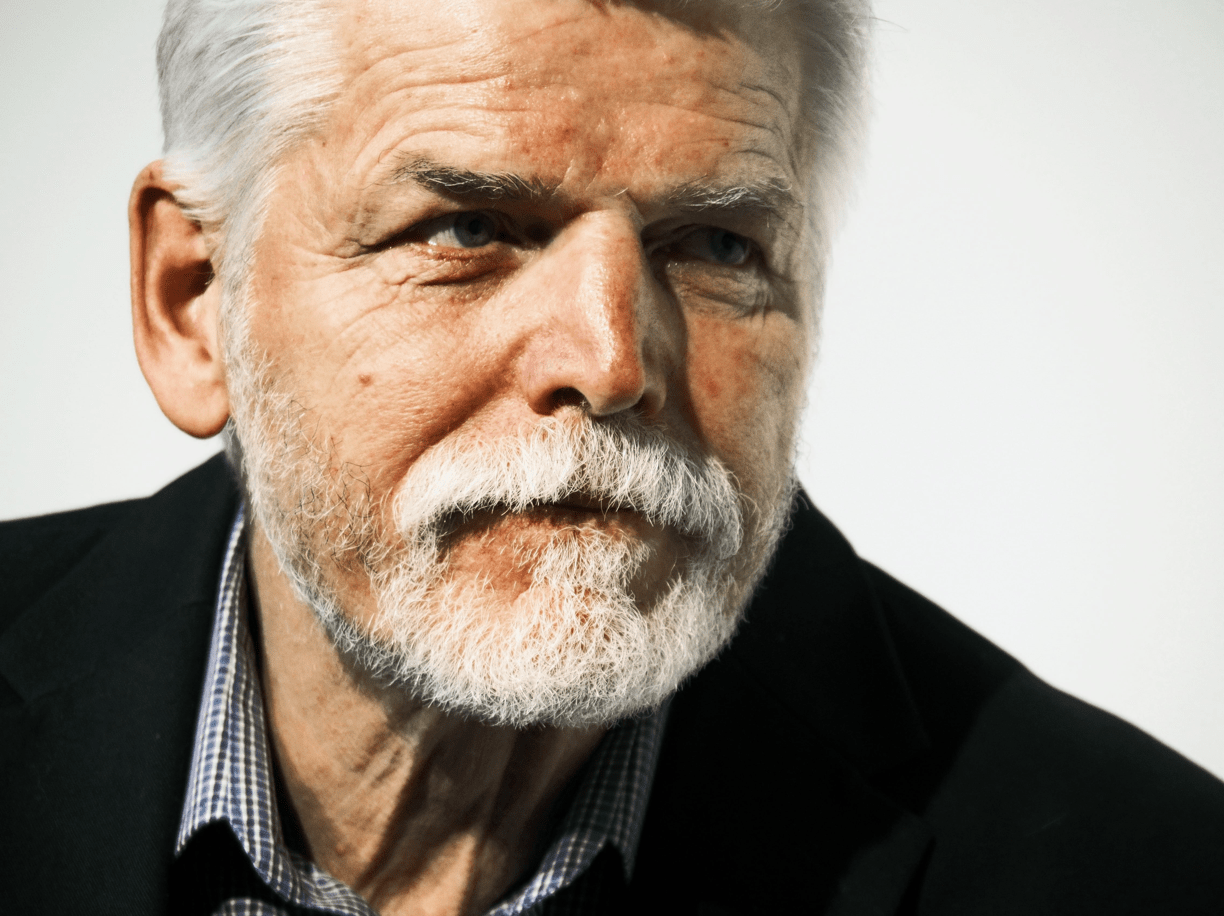
Retired army general and presidential candidate Petr Pavel
Petr Pavel is an army man through and through as he joined the Czechoslovak Army after graduating from military school in 1983. General Pavel has had a wide variety of positions in the army, from active deployment abroad to more diplomatic functions, in which he served as the representative of the Czech Army in several national and international organisations. The general’s first real brush with politics came in 2014 when he was appointed Chair of the NATO Military Committee. He was first thought of as a candidate for the presidency after he made public critical comments on current president Zeman.
When he announced his run for presidency eventually in June of last year, it was indeed due to the reason that he “wanted to give the Czechs a president that they did not have to be ashamed of”. General Pavel is a so-called independent candidate, which means that he is running without linking himself to a political party. But even though he is an independent candidate, centre-right political group SPOLU (together) has openly backed General Pavel during the campaign.
Danuše Nerudová is an economist and used to be the dean of Mendel University in Brno before she stepped down in order to run her presidential campaign. Like Pavel she runs independently and is backed by SPOLU as one of their three preferred candidates. Her campaign focused on the role of president as a function that is built around dignity, transparency and upholding the constitution.
Babiš vs. Pavel
During the first round of the elections, which were held on the 13th and 14th of January, Babiš, Pavel and Nerudová were the top three picks in every region, but Nerudová ended up behind her opponents with 13.92% of the votes. This means that the Czechs won’t be getting a female president for the first time in their history as Babiš and Pavel move on to the second round as neither of them managed to receive more than 50% of the votes in the first round.
The results of the first round were nail-biting for the two remaining candidates, as there was less than a 1% difference in their voting percentages: 35.40% for General Petr Pavel vs. 34.99% for Andrej Babiš. This first election round managed to attract the highest voter turnout for a first presidential round ever in the 30-some year history of the Czech Republic with 68,24% of eligible voters showing up to cast their ballot.
Traditionally the voting turnout is even higher in the second round since a considerable number of people sit out the first round of the elections and wait until there are only two candidates left before making a decision between them. Public opinion tends to nominate Petr Pavel as the more likely candidate to win the elections. Not only did he manage to stay ahead of his opponent in the first round, but most of Nerudová’s voters are expected to go with General Pavel in the second round as they are mostly from a young and liberal demographic, making Pavel the more likely alternative.
With only days left until we know who will become the next president, interested parties from all over Europe are keeping an eye on developments in the Central European country as the outcome will greatly influence how the Czechs will be represented on the International (and thus also European) level the next coming years.
How will this affect the EU?
The new Czech president will greatly influence the international orientation of the country, which has been increasingly leaning towards Russia and China under current president Milos Zeman. The soon-to-be-ex president has never made a secret of his adversity towards “political correctness” and hails both Russia and China as partners in order to increase economic growth in Czechia.
The appointment of Chinese advisors in key positions, personally befriending Vladimir Putin and Xi JinPing and, most controversially, defending Russia against Czech intelligence agencies have not gone down well in national and European circles. His pro-Russian and pro-Chinese views have made Zeman a “difficult” president, since he goes against the official stance of his own country’s government on these matters. This has made people claim that Zeman has been overstepping his duties as president.
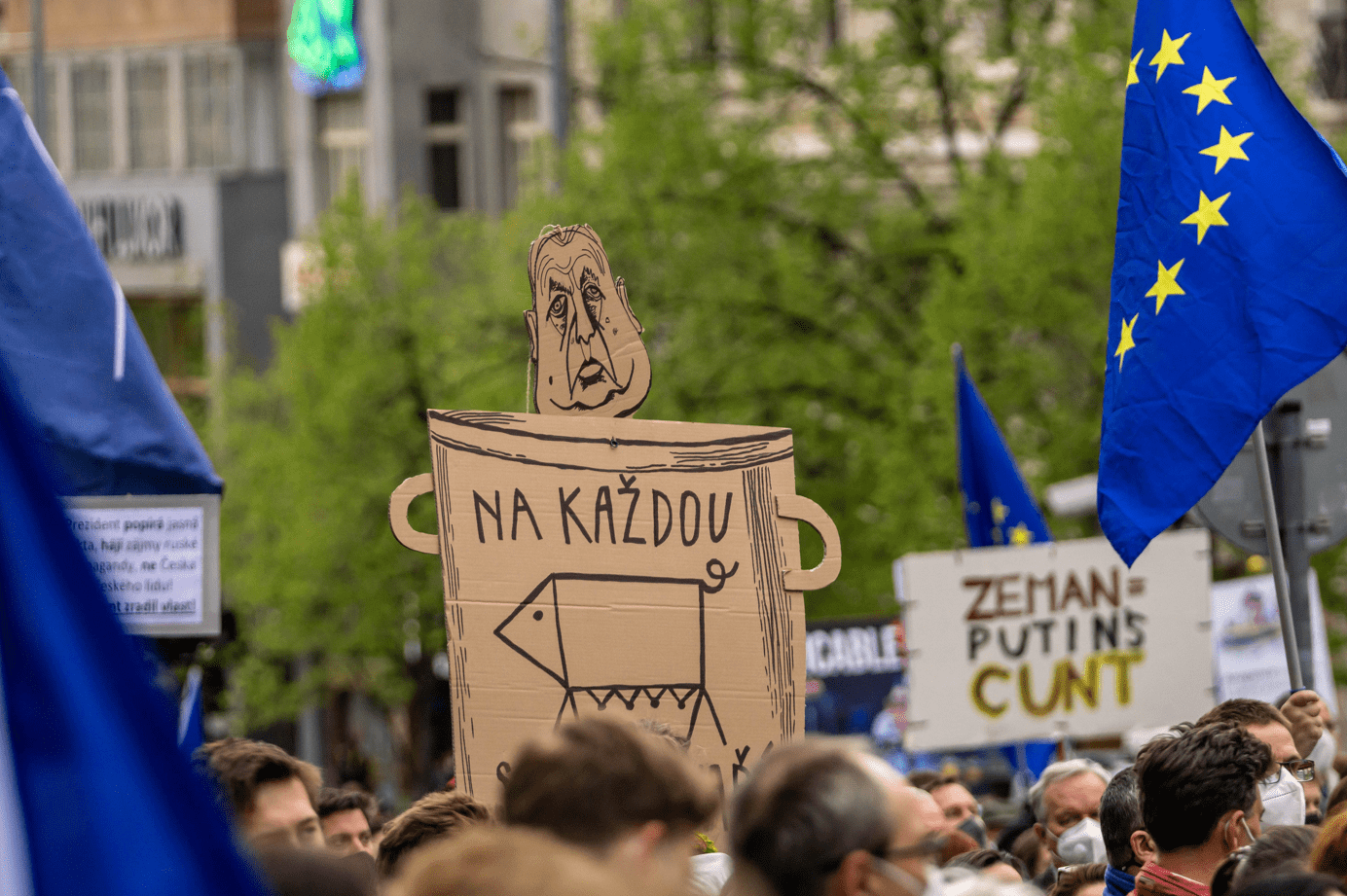
Demonstration against Zeman and Russian influence in Prague, 29 april 2021.
Zeman himself has both expressed positive and negative opinions regarding the EU, but has nonetheless defended EU membership of his country. At the same time he has structurally promoted Eurosceptic undertones in his public performances. All things considered it is safe to say that Zeman is not Brussels’ favourite head of state to deal with.
General Petr Pavel would be a complete turnaround on the European level. He has built his campaign around his pro-EU stance and his support for Ukraine against Russia. His appointment as president would most definitely cool down the relationship of Czechia with China and Russia. His supporters hope that Pavel’s election would mean a shift back to promoting human rights, democracy and peace internationally as has been the case under Václav Havel, Czechia’s first president after the Revolution.
Andrej Babiš holds a more Eurosceptic stance (maybe it has something to do with the EU investigating him for fraud?). Babiš has structurally gone against EU migration policy as PM and critiques the influence of the supranational body in his country. This has earned him the nickname “Europe’s Trump”.
Support for the EU has gone up in the Czech republic after years of indifference and even mistrust since the invasion of Ukraine, leaving many Czechs uncomfortable with the friendly ties that president Zeman has with Russia. Since both remaining candidates have such a different view of what international position the Czech Republic should take, it has become quite an important theme within the campaign and could decide people’s choice for either candidate.
In a couple of days it will become clear whether Czechia’s international focus will shift more towards Brussels and away from Moscow, a very interesting start of the year indeed.
Linda den Bol has degrees in History (Radboud University) and European Governance (Masarykova Univerzita and Utrecht University) and is currently working as a trainee for the Dutch province Noord-Brabant.
Images: Shutterstock

